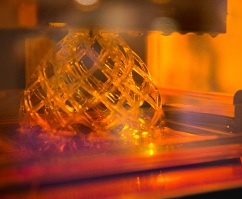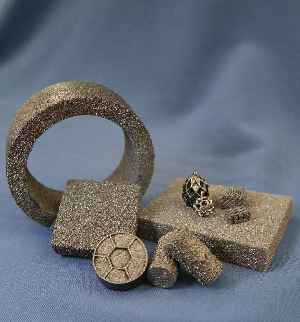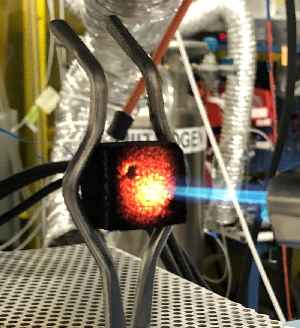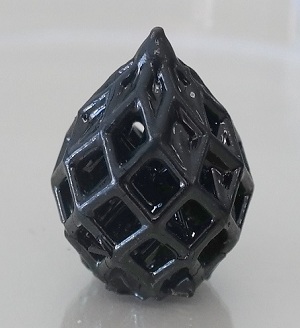 Advanced Material Systems
Advanced Material Systems
Unprecedented capabilities
in the harshest environments
Sporian has developed state-of-the-art, high-temperature ceramic
insulation technology. Sporamic™ is superior to other insulation due
to its high thermal radiation suppression ability. This material has
a unique combination of thermal and mechanical properties that make
it ideal for thermal protection systems. Sporamic™ has exceptional
oxidation and corrosion resistance with low density and high
strength. It exhibits vibration resistance, very low moisture
absorption, and low friability. Contact us directly to learn more.
|
Sporamic™ Advanced MaterialsUnmatched thermo-mechanical
properties and durability up to 1600°C
Sporamic Brochure (1.7MB PDF) Key Features Include:
|
|||||||

|
3D Printing of Advanced MaterialsPolymer derived ceramics are being
developed at Sporian for use as UV curable 3D printing
materials, providing an additive manufacturing pathway towards
multifunctional hot structures for utility in atmospheric entry
vehicles. Sporesin™ PDC precursor materials make it easier to
create UHT ceramic materials. |
|||||||
 |
||||||||



